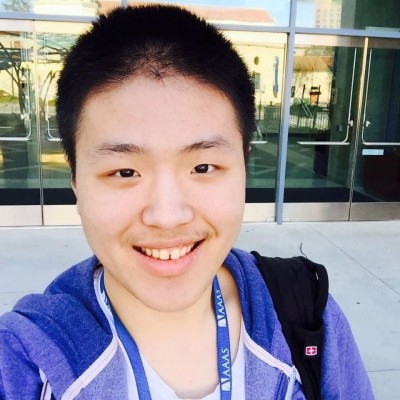‘It was the spring of hope, it was the winter of despair’ Dickens created the most memorable phenomenon 156 years ago. Today, we still live in a time which the UN cannot demonstrate the fundamental Declaration of Human Rights by not providing any fund to David Hyde, an internship student who was forced to resign after sleeping in a tent during his time at the UN Geneva.
Peter Singer, in his call for protection of animal rights, stated that after the success of Black, LGBT and Women Liberation, the Animal Liberation would be ‘the last remaining form of discrimination.’ I say that he is wrong. We have been focusing on those groups who had been obviously assaulted because they are ‘different’ to the majority. However, we ignore the fact that there is one, the last one remaining group who has been patronised for so long that people simply ignored their voices – the youth.
The young generation has been facing condescending attitudes all around the society. Especially in politics. The average age of the MPs is 50, as same as last Parliament. The youngest MEP is Emma McClarkin at the age of 30. In this General Election, only 58% of the youth made their vote, a merely increase from just 51.2% in the last election. Why am I talking about politics? It is the indispensable structure of our country. In my opinion, if you have influence in politics, people will respect you and I think that the elementary reason why some young people have mental health issues is because they have been disrespected. Their pride and dignity has been insulted, by bullies, by people with stigma and by our society as a whole. Not a single charity is dedicated to promote youth engagement in politics in a country with long standing tradition of charitable culture.
Is this young people’s fault? I don’t think so. Major media agents have been commenting that young people lack of support when they would like to take part in politics. The Guardian pointed out young people are not ‘apathetic’ but they do need a ‘helping hand’. The Telegraph suggested that young generation needs ‘a meaningful education in politics. Are teens interested in politics? Absolutely, most student at my school was engaged into casual debate about the General Election during May but you can hardly hear anymore because there is no more opportunity to do so.
How do we change this? The most difficult thing to change is policy. What is even more difficult to change is attitude. The principally urgent action required is not building more houses, scalping tuition fees, providing free school lunches or prosecuting parents for taking their children to holidays. We have to ensure young people feel that they are being represented, their voices are being heard, their opinions and most crucially they are being respected.
I attended the Big Lottery Fund Headstart conference at the Westminster Church House on the 27 of January where lots of young people expressed that they would like the idea of ‘autonomy’. Despite that we received lots of positive feedback, teens still feel that they should be more involved in the decision-making process. We have to improve existing opportunities and create new opportunities to make sure that there are not only projects and services are available but also getting young people involved in the decision-making process, to give the right of autonomy.
Professor Philip Graham mentioned that ‘teens have become the last group whose dis empowerment is invisible because it is so much taken for granted’. Today, I call the liberation for young people and I call for our society to change its attitude. Together, we can provide autonomy to our young generation and together, we can create a much brighter future for our country. Yes we can.







